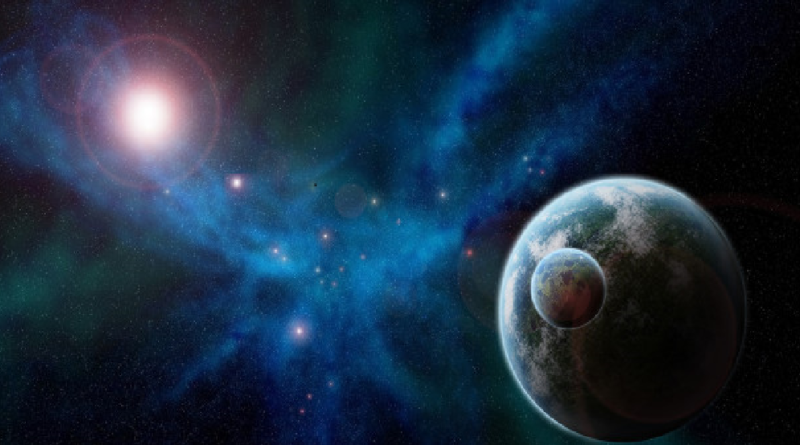machine learning to determine planetary stability: The research was conducted by scientists from the University of Toronto Scarborough.
Now a team of researchers from the University of Toronto Scarborough have developed a novel approach in using it to determine whether planetary systems are stable or not.
The research has been published in Astrophysical Journal Letters.
“Machine learning offers a powerful way to tackle a problem in astrophysics, and that’s predicting whether planetary systems are stable,” said Dan Tamayo, the lead author of the research.
The benefit is that it can teach computers to learn and change when exposed to new data, not to mention it’s also very efficient.
There are several current methods of detecting exoplanets that provide information such as the size of the planet and its orbital period, but they may not provide the planet’s mass or how elliptical their orbit is, which are all factors that affect stability, noted Tamayo.
What’s encouraging is that our findings tell us that investing weeks of computation to train machine learning models is worth it because not only is this tool accurate, it also works much faster,” he adds.




